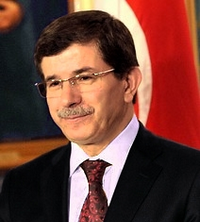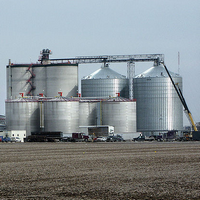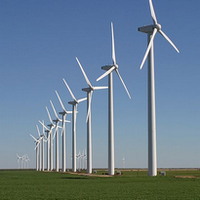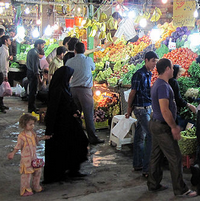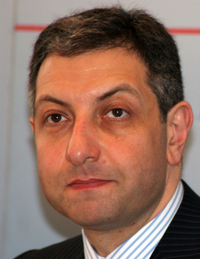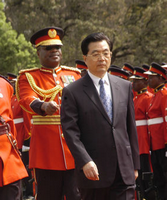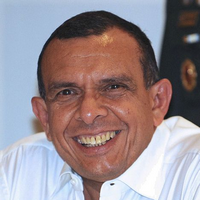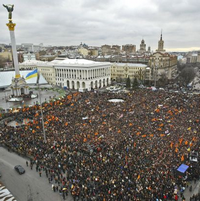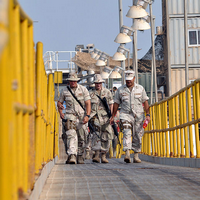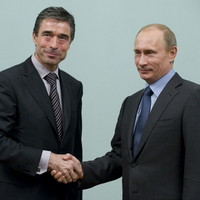
The Group of Experts assisting with the drafting of NATO’s new Strategic Concept traveled to Moscow last week, in an effort to reassure Russia about NATO and its activities. The Feb 9-11 visit followed the release of Russia’s new military doctrine, adopted on Feb. 5, which characterizes the alliance’s activities as threatening to Russia. Led by former U.S. Secretary of State Madeleine Albright, the group, consisting of a dozen members, consulted with Russian Foreign Minister Sergei Lavrov, National Security Secretary Nikolay Patrushev, and members of the Russian parliament, and held additional meetings with other Russian security experts. Albright also delivered […]

